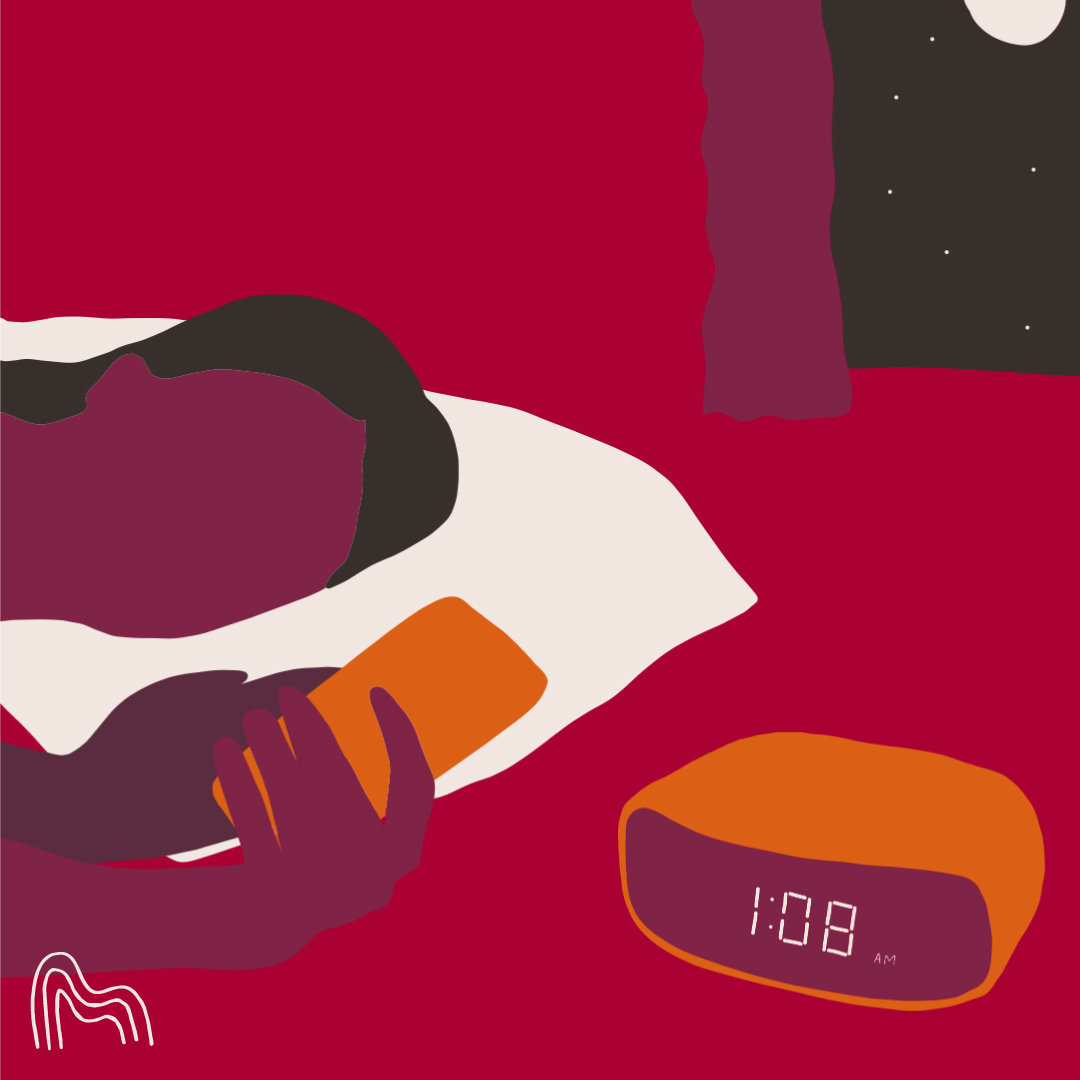
Due to hormonal fluctuations, namely a decrease in estrogen, insomnia and sleep disturbances can be common occurrences during menopause transition. In addition to a drop in estrogen, there are many factors that can contribute to and even exacerbate sleep disturbance, including anxiety and night sweats. Without proper treatment, menopause-related insomnia can persist from several weeks to several months. If you’re finding it hard to fall asleep or stay asleep, there are a range of treatment options – including pharmaceuticals, natural remedies, and lifestyle changes – that may be effective in helping to restore your sleep.